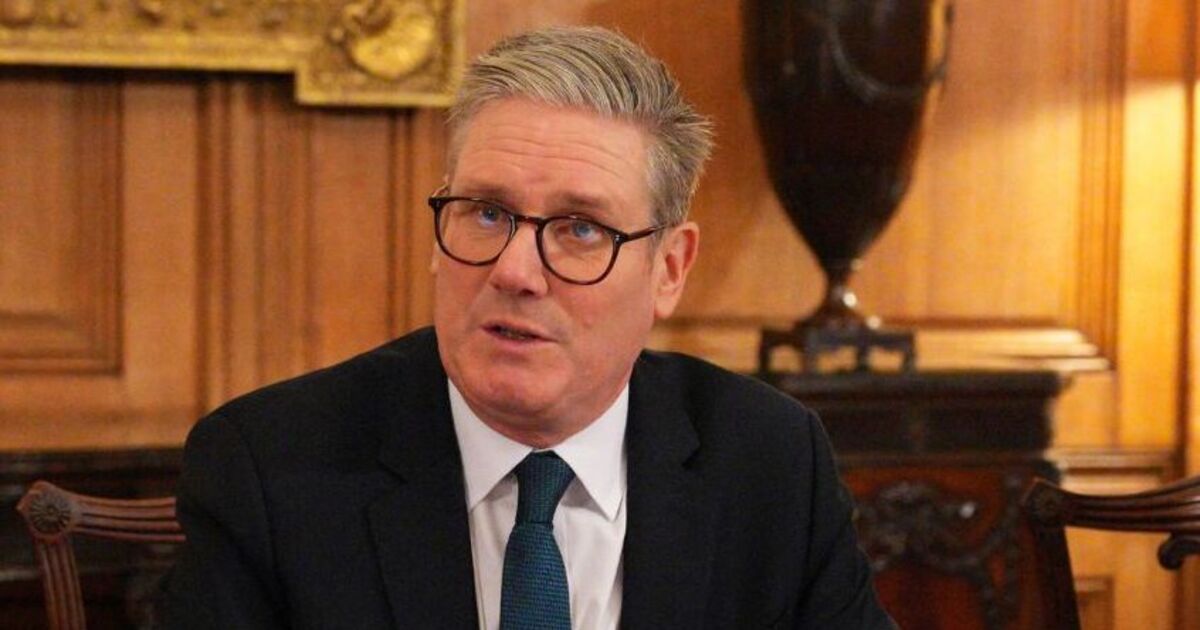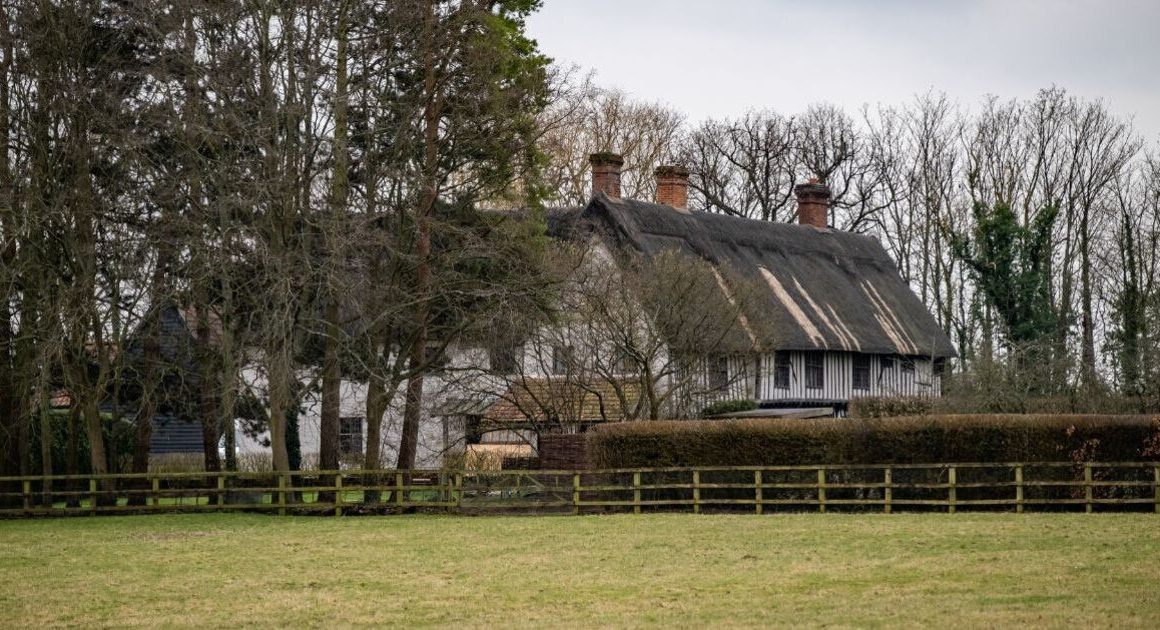Keir Starmer has said it is the “right thing” to pay countries with high numbers of illegal migrants to persuade them to stay at home rather than risk travelling across the English Channel.
It comes after reports that the Home Office is planning to negotiate with Vietnam, Turkey and the Iraqi region of Kurdistan to increase cooperation and security agreements in a bid to curb illegal migration and people-smuggling gangs.
Although sources told The Telegraph the focus was on “intelligence sharing and border security” rather than direct funding, the Prime Minister told journalists en route to the G20 world leaders’ summit that “anything we can do to stop people leaving in the first place is the right thing”.
He added: “I don’t think this is an area where we should just do one thing. We have got to do everything that we can. I am absolutely clear in my mind that taking down the gangs is the single most effective way of stopping the boats going across the Channel.
“Intercepting and taking those gangs down is hugely important and it will be one of the biggest disincentives if we can break the gangs that are running those. Obviously the returns are very important when people do get here and that’s why I’m pleased a large number of people have been returned.”
More than 9,000 people have been returned to their country of origin since the election, according to the government, and Starmer has sueggested return deals are also being sought with a number of other countries after an agreement with Albania in 2022.
Despite its pledge to crack down on gangs, the small boats crisis continues to plague the Labour government and figures show that more than 800 migrants crossed the Channel in the last week.
The now-defunct Rwanda scheme, introduced by the Conservatives and aimed at sending people arriving in the UK on small boats to Rwanda, was scrapped by Labour immediately after taking office.
The government’s pivot to incentivising migrants to stay in their home countries comes after the successful efforts of Italian Prime Minister Giorgia Meloni to stem the surge of people crossing the Mediterranean into Europe through agreements with Tunisia and Libya.
Meloni, who will also be at the G20 summit, pulled off a 62% fall in arrivals to Italy during the first seven months of 2024 through measures including making payments to high emigration countries to encourage them to dissuade people from making the often perilous journeys from coast to coast.
However, Transport Secretary Louise Haigh did not confirm or deny whether the government was negotiating with countries including Libya, Tunisia and Kurdistan during an appearance on Sky News at the weekend.
She said: “Rwanda wasn’t working well before we scrapped it on coming into office, it was costing the taxpayer a fortune. It clearly wasn’t working as a deterrent, and it wasn’t resolving the issue at source – what we’re talking about is resolving the issue upstream.
“So, tackling and smashing the gangs as Keir Starmer has repeatedly talked about in order to stop the boats coming over at all. The Rwanda scheme wasn’t deterring boats.
“What I can say is this absolutely characterises our approach, working with international partners in a long term, serious way.”











